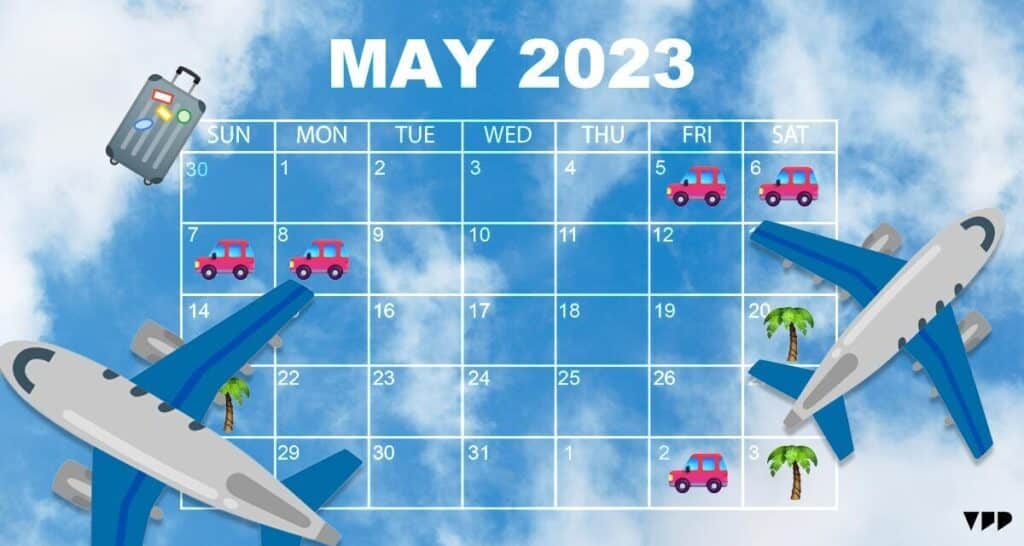
Hybrid work takes the airline industry to new heights
Holidays are no longer fixed guideposts.

Holidays are no longer fixed guideposts.

People 55 and older are the fastest-growing age group in the workforce.

Professional influencer may soon be a job you can apply for at some companies.

The hot new job in AI is “prompt engineer".

Only two and a half years after Elon Musk’s Starlink launched its satellite internet service, it has launched thousands of satellites that provide fast, reliable service across the globe.

Global office occupancy rates are on the rise, nearly returning to pre-pandemic levels in much of Europe, Asia, and the Middle East– but not in the US.

The transition to remote work has emptied downtowns across America — a migration that has rippled across local economies.

With a possible recession on the horizon, Gen Zers are looking for stable employment rather than their dream jobs.

The news cycle around Twitter changes in minutes these days as new CEO Elon Musk reboots the company in his image.

For Gen Z, the recession is making life unaffordable.